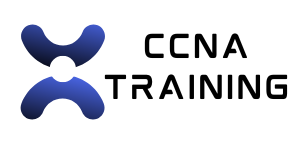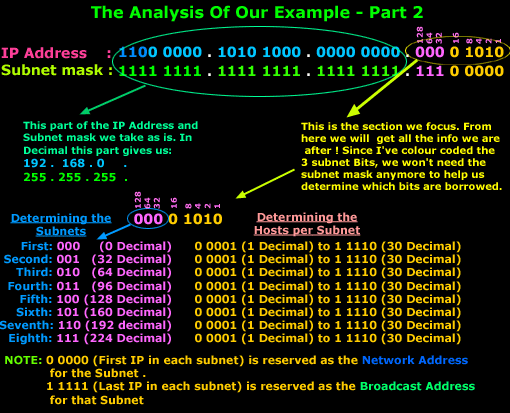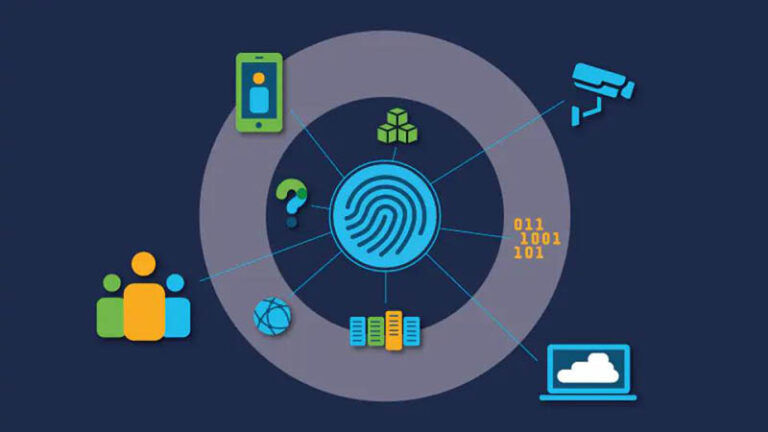When starting a career in IT, choosing the right certification can significantly impact your career trajectory. Two popular entry-level certifications are the Cisco Certified Network Associate (CCNA) and CompTIA A+. While both are valuable, they cater to different areas of expertise and career goals.
CCNA: Networking Expertise
The CCNA certification is ideal for those aiming to specialize in networking. It covers a wide range of topics, including network fundamentals, routing and switching, network access, IP connectivity, IP services, security fundamentals, and automation and programmability. By earning a CCNA, you demonstrate your ability to install, configure, operate, and troubleshoot medium-sized routed and switched networks. This certification is highly regarded by employers looking for skilled network professionals and can lead to roles such as Network Administrator, Network Engineer, and Systems Administrator.
A+: Broad IT Knowledge
On the other hand, the CompTIA A+ certification is designed for those who want a broader understanding of IT fundamentals. It covers hardware, software, networking, security, and basic troubleshooting skills. A+ is often seen as the starting point for many IT careers, as it provides a solid foundation for various entry-level roles such as IT Support Specialist, Help Desk Technician, and Technical Support Specialist. This certification is vendor-neutral, making it a versatile choice for those unsure about which IT path to pursue.
Choosing the Right Certification
When deciding between CCNA and A+, consider your career interests and goals. If you are passionate about networking and want to specialize in this area, CCNA is the way to go. However, if you prefer a broader scope of IT knowledge and versatility in job roles, the A+ certification may be more suitable. Both certifications offer valuable skills and knowledge, but aligning your choice with your career aspirations is crucial for long-term success.
Ultimately, both CCNA and A+ certifications provide a strong foundation in the IT industry, setting you up for a successful and rewarding career.















